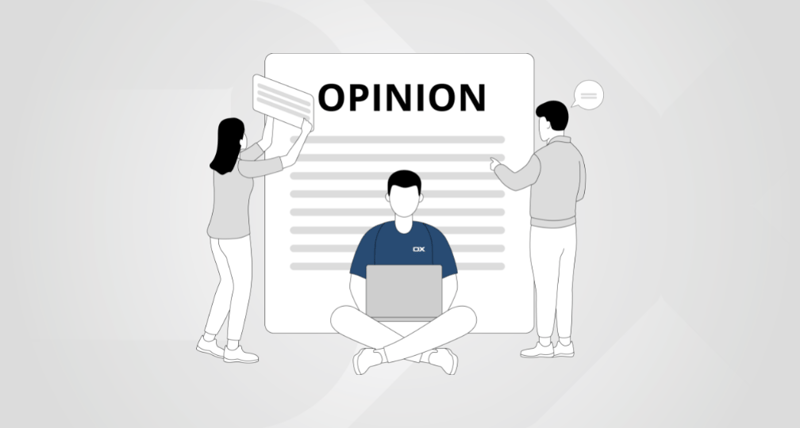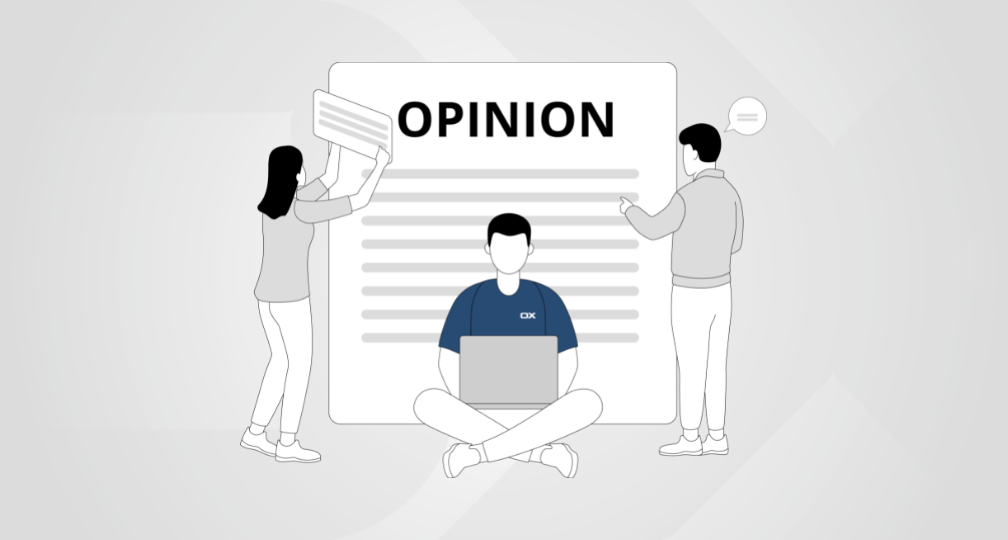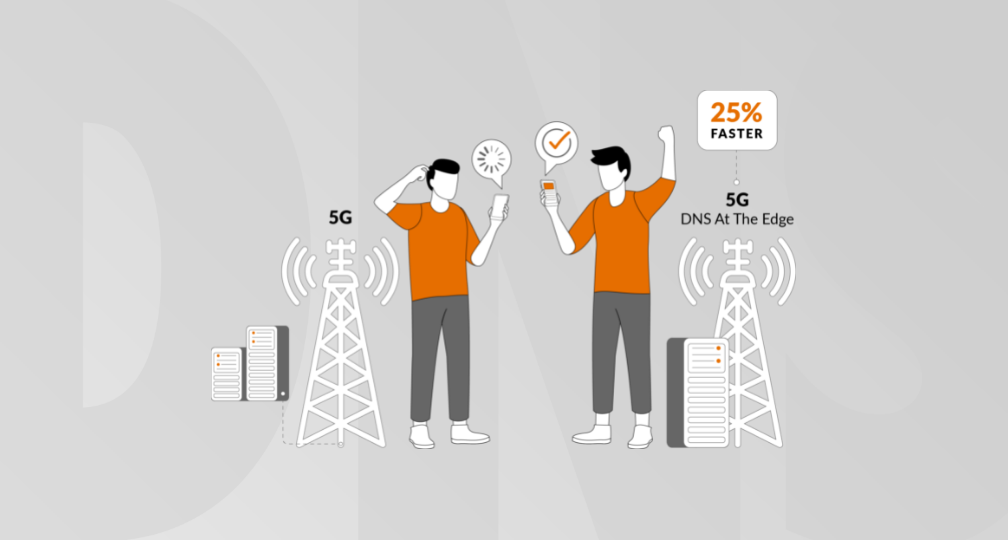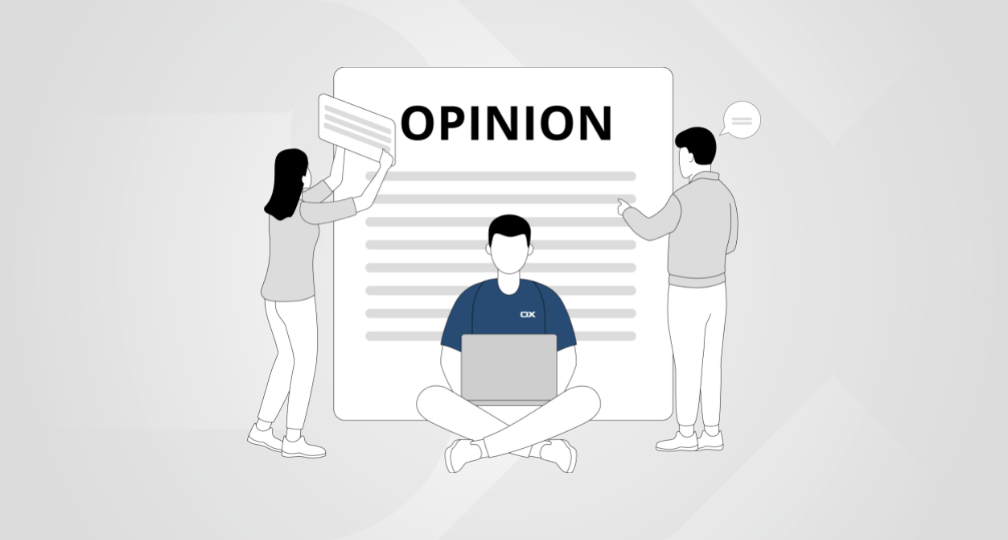
In Brussels, the European Commissioner for Competition has promoted a discussion on what policies should be enacted to ensure fair competition in an increasingly digitized economy, especially regarding the market power of the big over-the-top platforms.
At Open-Xchange, we genuinely care about the future and the openness of the internet, and often speak publicly about the risks deriving from too much concentration in the hands of a few players. So, we took the chance to submit our views and provide pointers to recent episodes where we believe the big players have exploited their dominant position to erode the privacy and freedom of choice of the users. Of course, our analysis focused on the fields we know better: identity, DNS resolution and messaging.
Since most of the revenue-making products of the big players are based on the tracking and algorithmic profiling of users, personal information is the raw material they need for their business. Therefore, they have a natural incentive to erode privacy rights to make such raw material cheaper and more abundant. Online identity management, in particular, is a key market where Google and Facebook are gaining dominance, without any viable alternative for users who want to adopt a single sign-on system. This puts privacy at risk and security as well, as demonstrated by the recent mass breach into 90 million Facebook accounts, also available to attackers for login into third party websites. Open-Xchange is promoting the ID4me project and hopes that Europe will support more competition in this field.
We’ve put a lot of energy into showing how browser makers, starting with Mozilla, are trying to use the new DNS-over-HTTPS protocol to turn their share of the browser market into a share of consumer DNS resolutions. Ironically, they claim they are doing this to protect the users' privacy, but the final result could be the concentration of all the global data on consumer DNS queries into the hands of a few commercial providers in a single country. We welcome the encryption of DNS queries, but also think that the DNS queries by browser users should not be hijacked by default—and this is a policy issue as well.
We addressed the messaging market—the one in which Open-Xchange has been operating for fifteen years. While sticking to a standard interoperable service like email, we’ve seen the introduction of a plethora of closed competing instant messaging products that turned chat into a war of walled gardens. Social networks are even worse because the network effect and even the portability right granted to you by the GDPR will be totally useless. After all, you can port your data into a new social network, but there will be no one in it. We are working on an open alternative for chat based on email and a widely available standard such as IMAP, but this is really a field where additional normative principles are needed.
Specifically, our first commandment of trusted internet services states that we have to be able to choose among multiple providers. For this to happen, the big platforms have to interoperate with other competitors, allowing the real time exchange of messages and content across providers like email does. There is no technical reason why we cannot have a hundred alternative platforms providing consumers with the ability to interact with Facebook users—but under different user experiences, business models and privacy policies. This would finally give users a choice and create competitive pressure on the market. But, this cannot happen if the dominant platforms are allowed to keep their systems closed.
Since practically all big internet platforms today are either American or Chinese, Europe should be especially interested in making new competition possible. We look forward to further discussions in Brussels, hoping for a future with more freedom and more choice.





